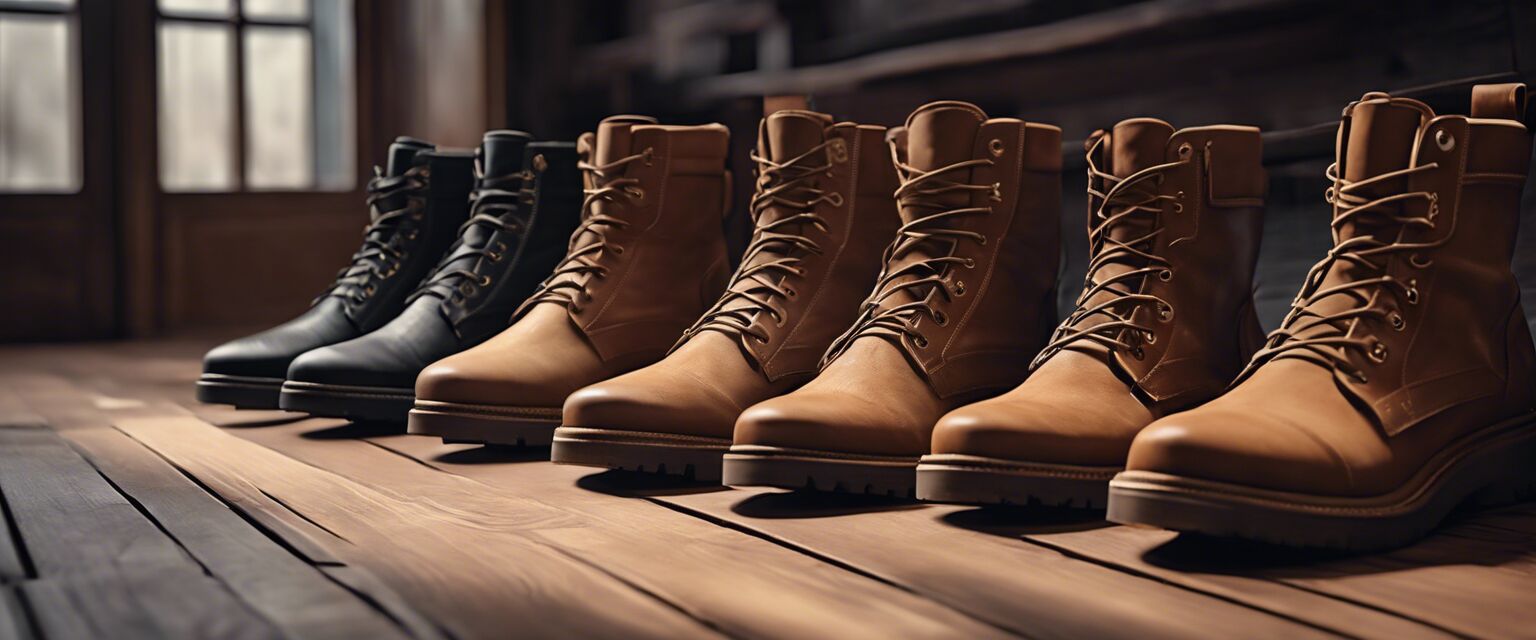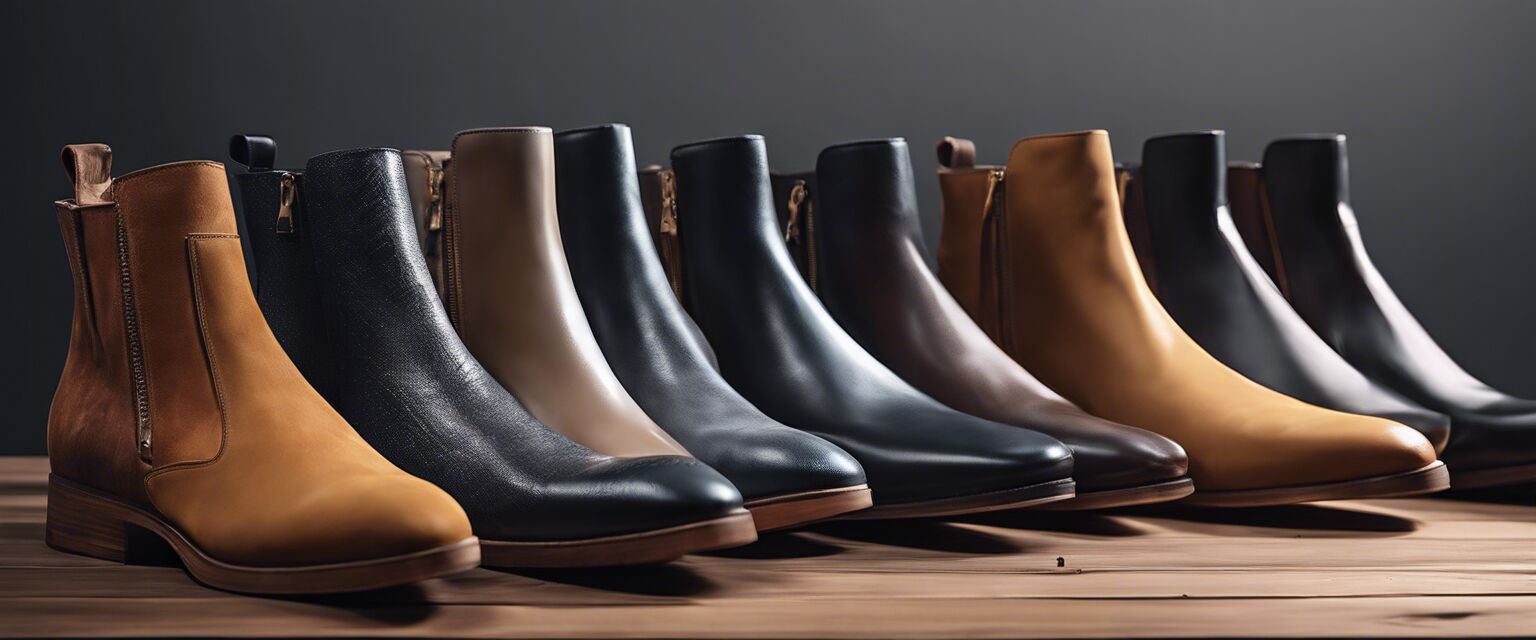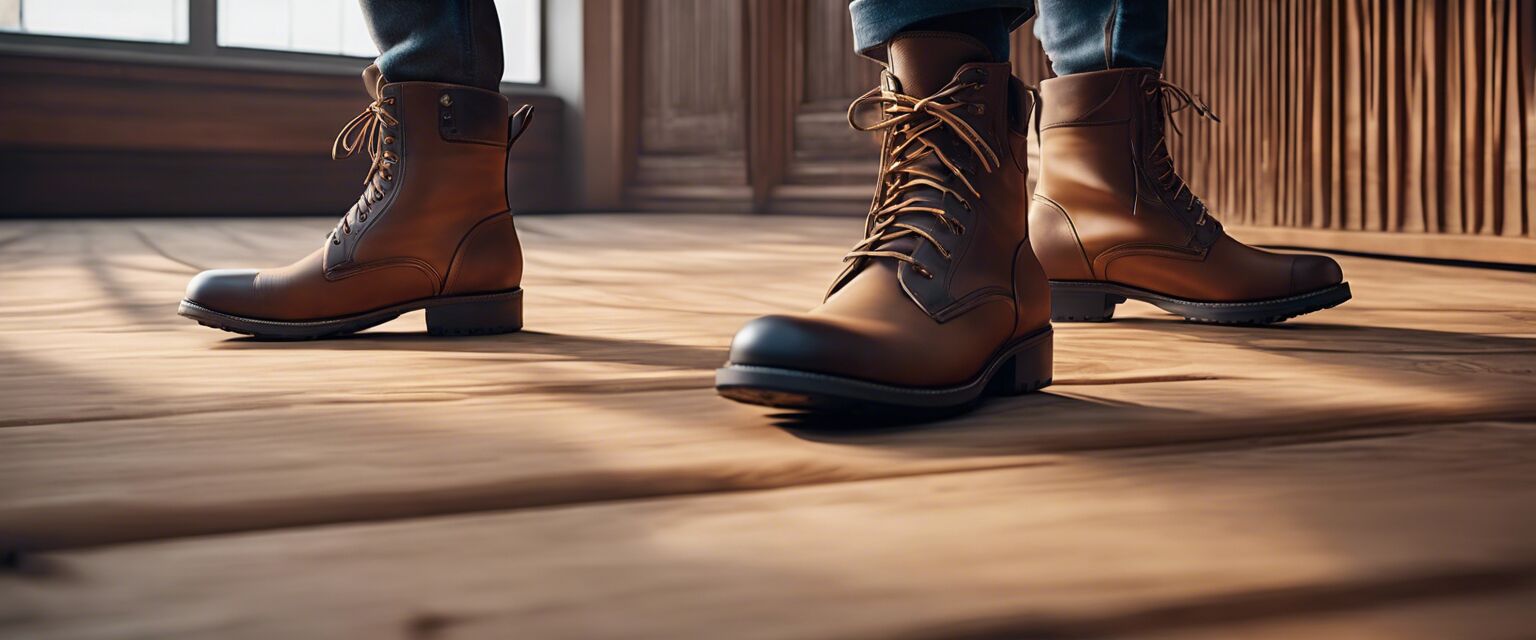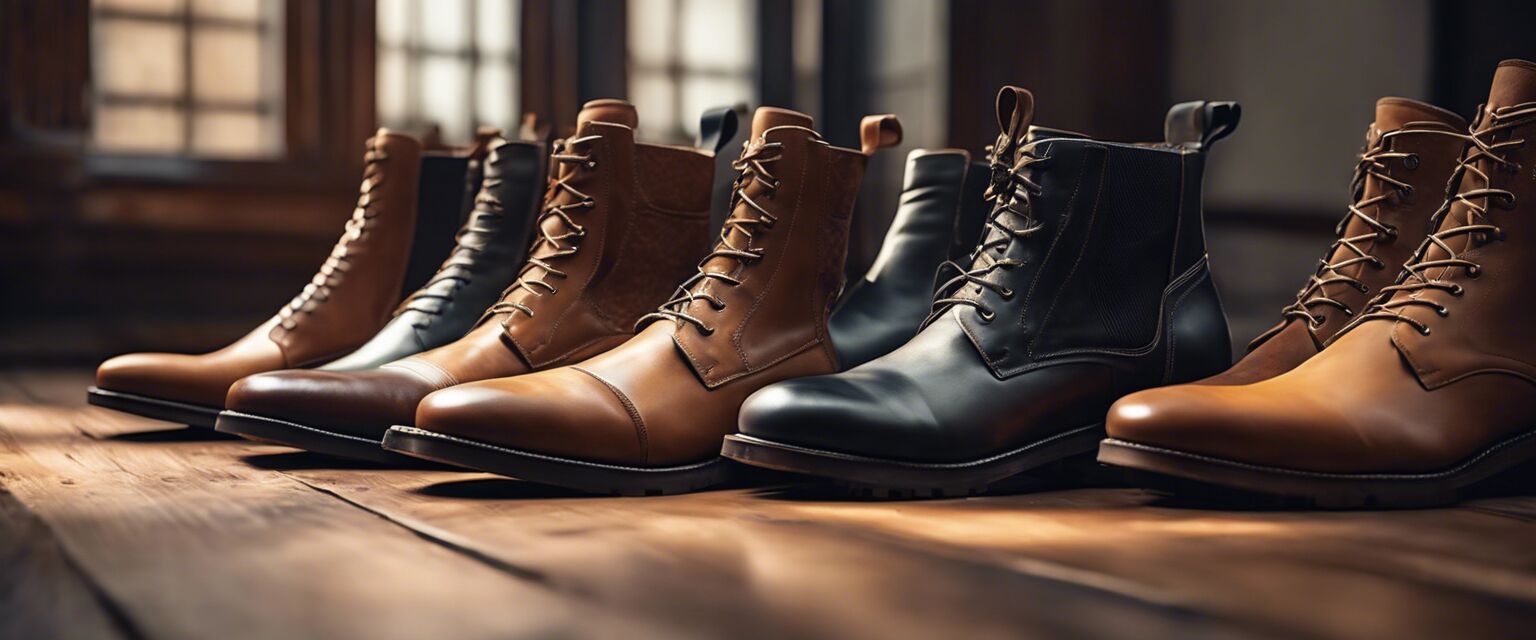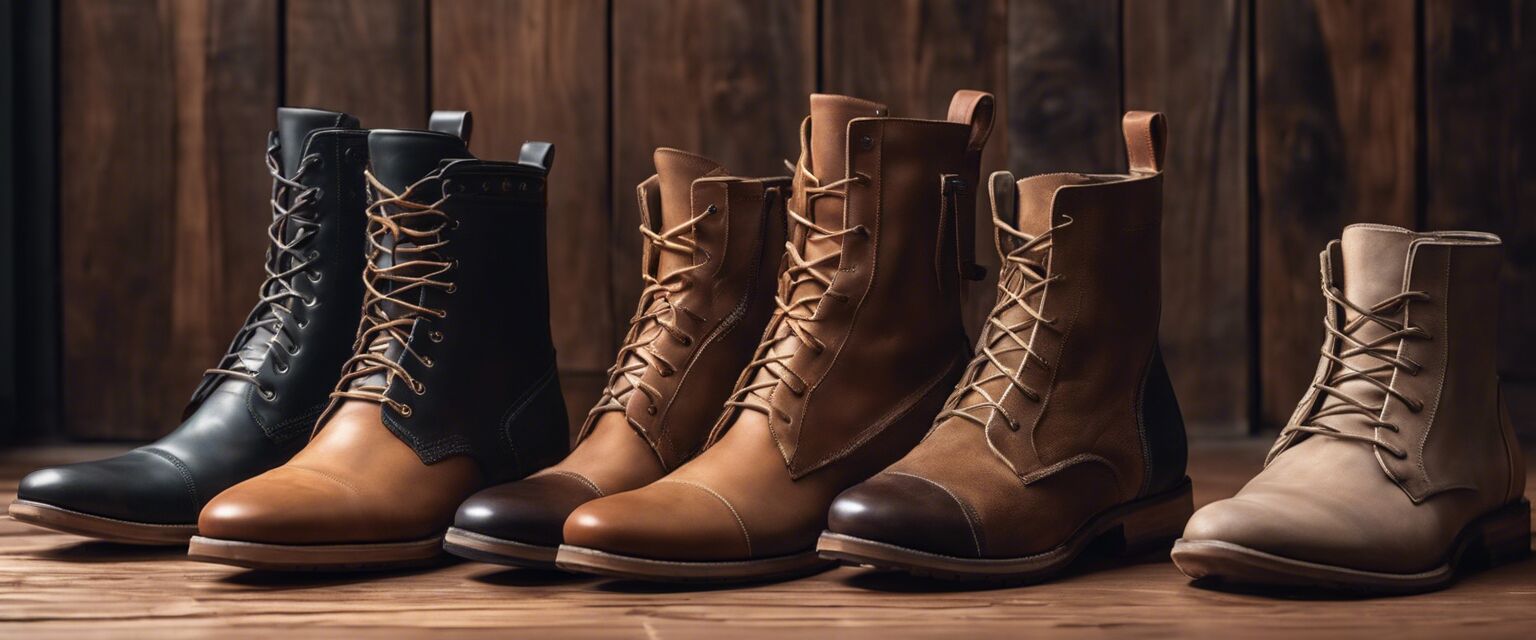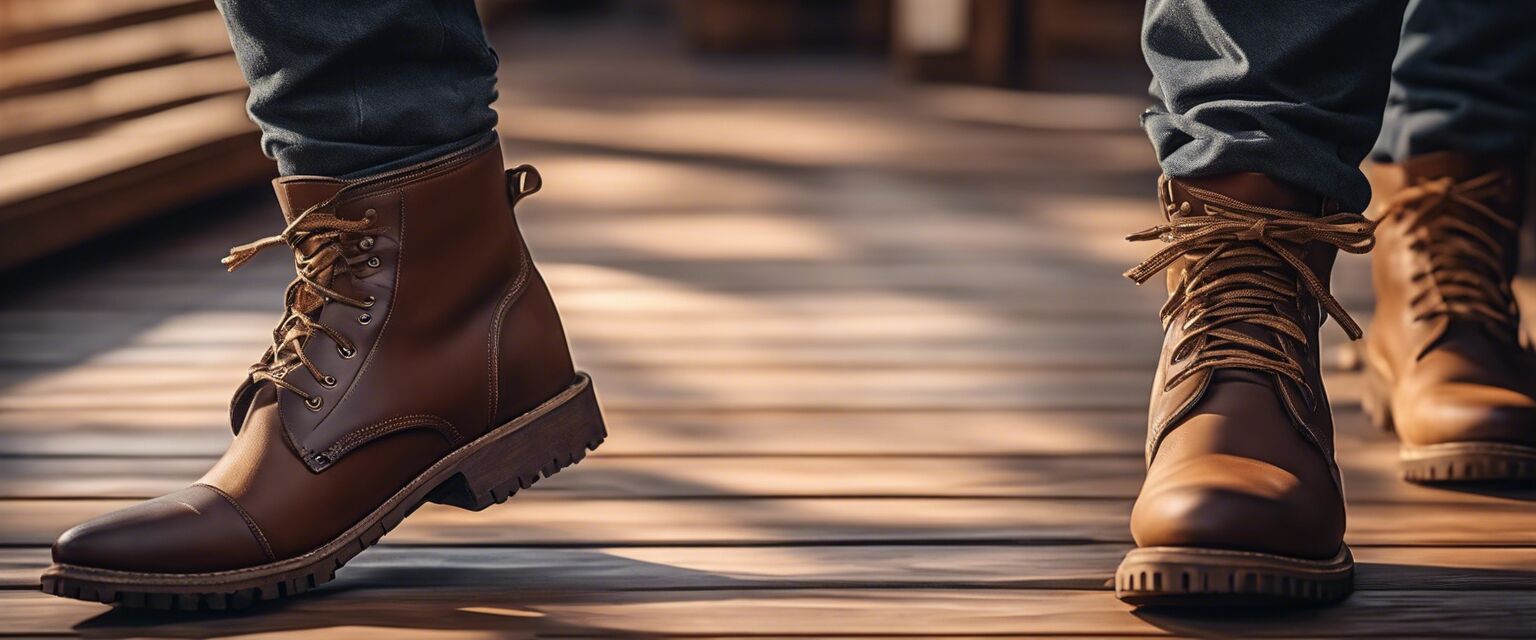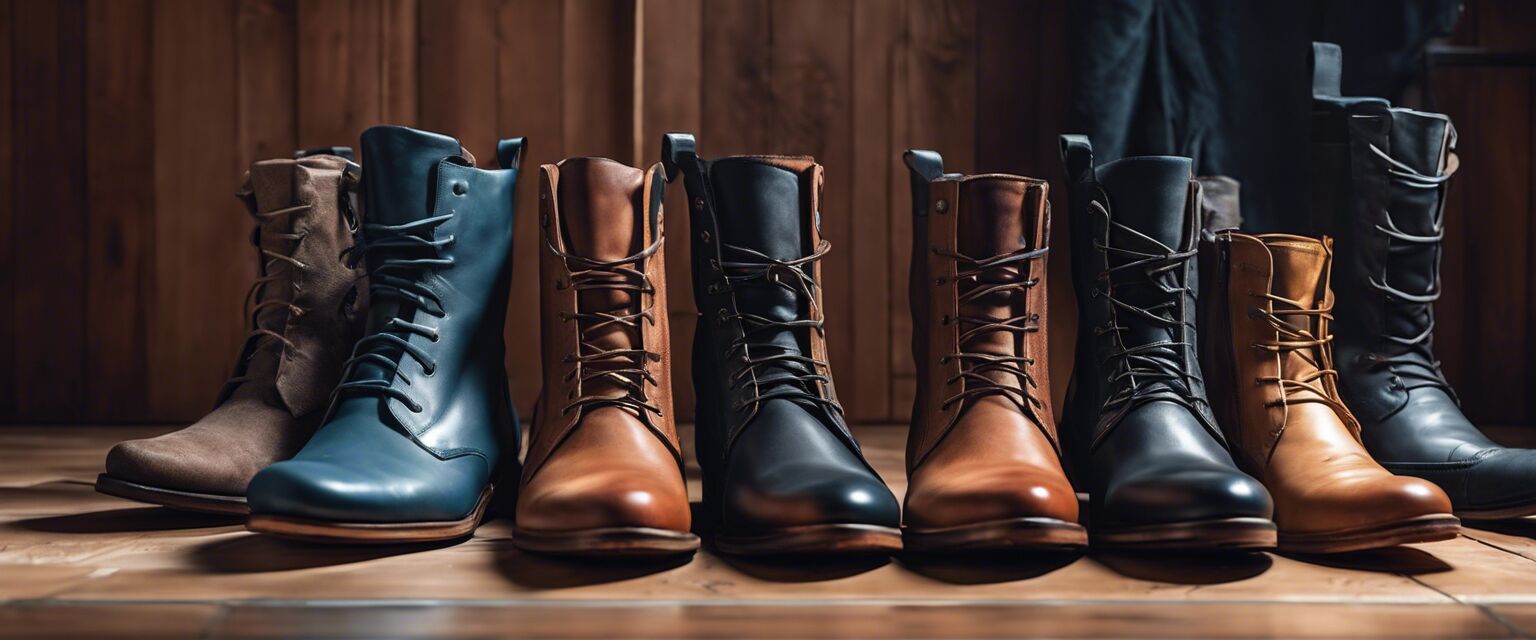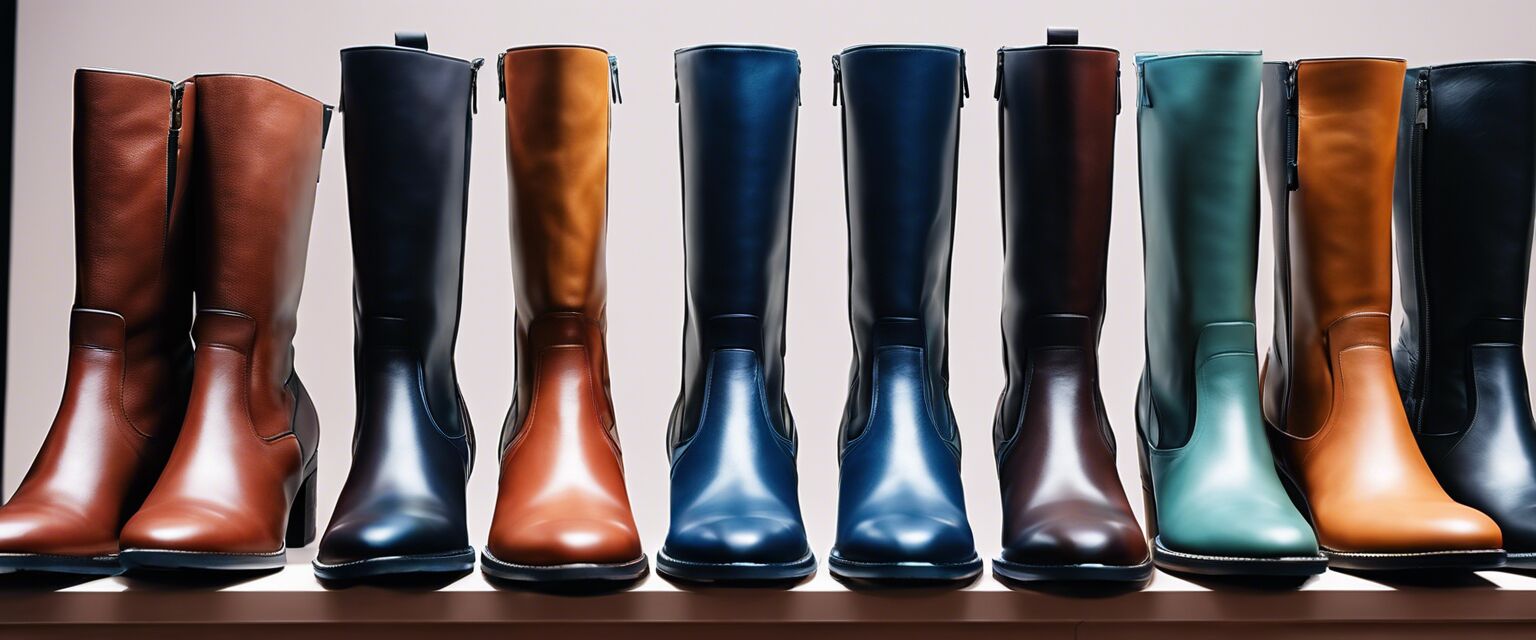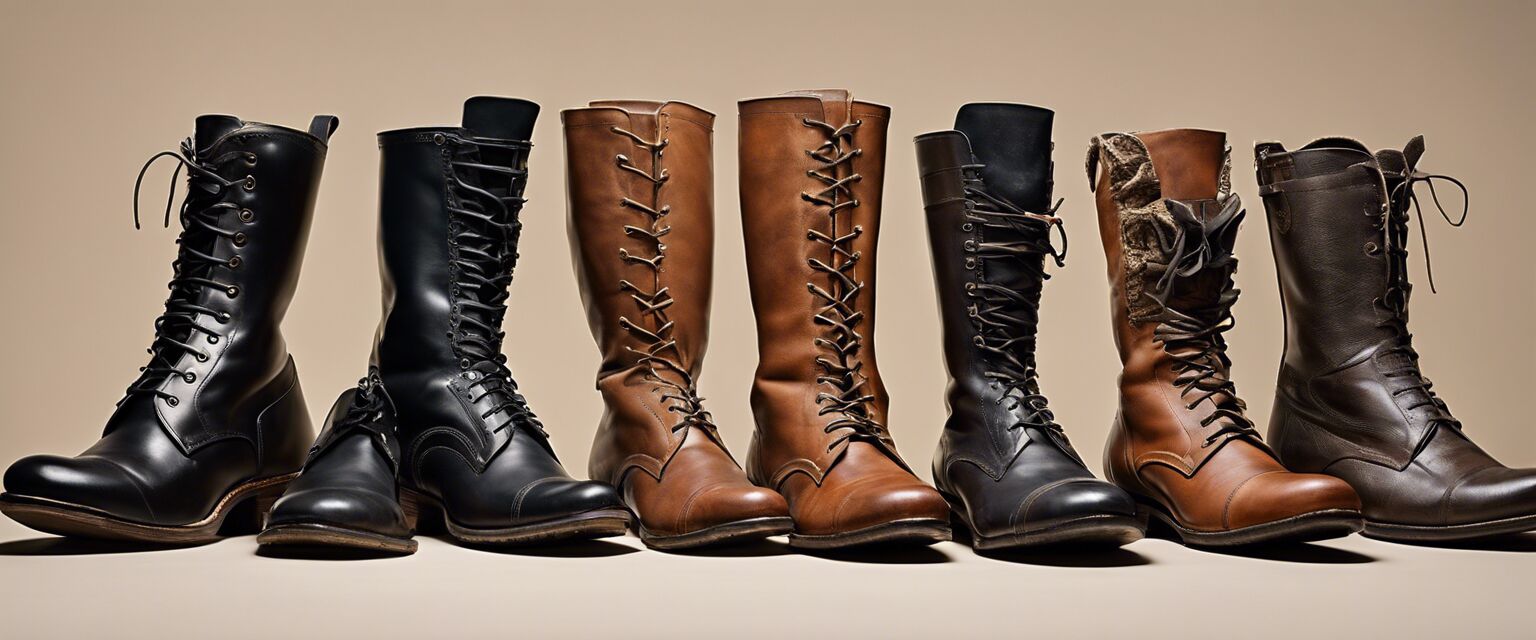
History and Evolution of Stretch Boots
Key Takeaways
- Stretch boots originated in the early 20th century with innovative designs focusing on fit.
- They evolved through fashion movements, heavily influenced by cultural and social changes.
- Materials and technology advancements in the boot-making process have led to increased comfort and versatility.
- Today, stretch boots come in various styles, including ankle boots, knee-high boots, and more.
- They remain a fashion staple, loved for their adaptability and stylish appearance.
Introduction
Stretch boots have become a fundamental part of fashion across the world. This article explores the rich history and evolution of these versatile footwear options. From their origins to the contemporary styles we see today, let's journey through time to understand how stretch boots have transformed fashion.
Early Origins of Stretch Boots
The concept of stretch boots began taking shape during the early 20th century. Initially focused on practicality, designers started experimenting with forms that could adapt to the wearer's foot shape.
Materials Used in Early Stretch Boots
During this period, stretch boots primarily used leather and canvas materials, which provided both comfort and support.
| Material | Characteristics | Usage |
|---|---|---|
| Leather | Durable, moldable | Perfect for formal styles |
| Canvas | Lightweight, breathable | Casual and everyday wear |
Transition Through the Decades
The evolution of stretch boots is marked by significant shifts in fashion trends, reflecting the cultural and social changes of each decade.
The 1960s and 1970s: Introduction of Elastic Materials
The introduction of elastic materials revolutionized stretch boots in the 60s. Styles became more form-fitting and stylish, leading to their association with the hip culture of the time.
The 1980s: The Rise of Bold Fashion
In the 80s, stretch boots became an integral element of bold fashion. Bright colors and extreme styles reflected the energetic vibe of the decade, with celebrities and fashion icons showcasing them.
The 1990s to Early 2000s: Versatility in Design
As fashion continued to evolve, stretch boots transitioned into a more versatile piece. They began to appear in various styles, including over-the-knee boots and platform boots.
Modern Stretch Boots: Trends and Innovations
Today's stretch boots encompass various designs, from elegant knee-high options to trendy wedge and winter boots. Technologies such as waterproofing and comfort lining have introduced enhancements, making them suitable for different climates and occasions.
Popular Styles of Stretch Boots Today
- Wedge Boots
- Platform Boots
- Winter Boots
- Ankle Boots
- Knee-High Boots
The Influence of Technology on Stretch Boots
Advancements in technology have played a crucial role in the construction of stretch boots. Innovations in materials and manufacturing techniques have allowed for the creation of boots that offer better fit, comfort, and durability.
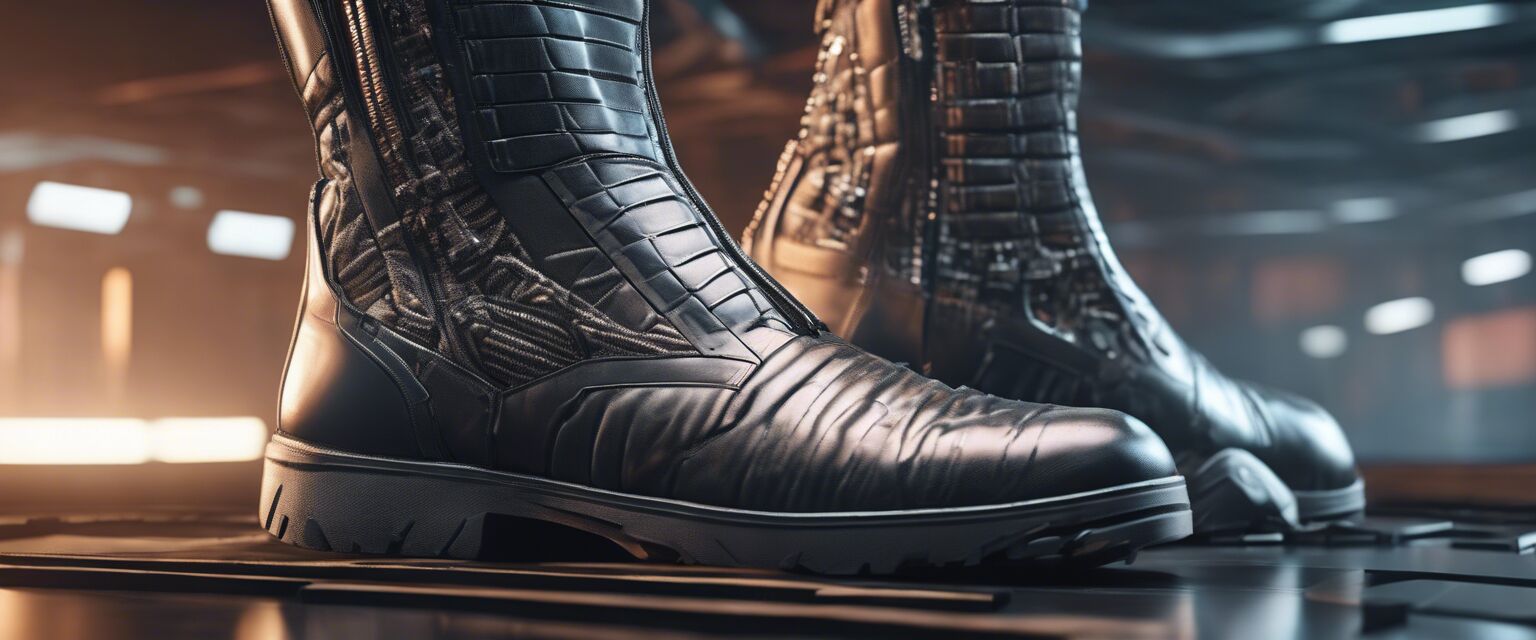
Conclusion
The history and evolution of stretch boots highlight a fascinating journey through fashion, materials, and social change. What began as a practical footwear solution has transformed into a versatile style icon, adapting as trends come and go. Stretch boots are here to stay, continuously evolving to match the modern fashion landscape.
Pros
- Exceptional comfort due to their stretchy material.
- Versatile designs suitable for various occasions.
- Wide range of styles to choose from.
- Easy to pair with different outfits.
Cons
- Some styles may be less durable than traditional boots.
- Fit can vary significantly between brands.
- May not provide adequate support for all foot types.
Tips for Choosing Stretch Boots
- Always check sizing guides before purchasing.
- Consider the occasion: formal or casual.
- Look for materials that suit your lifestyle.
- Try on different styles to see which complements your body shape.
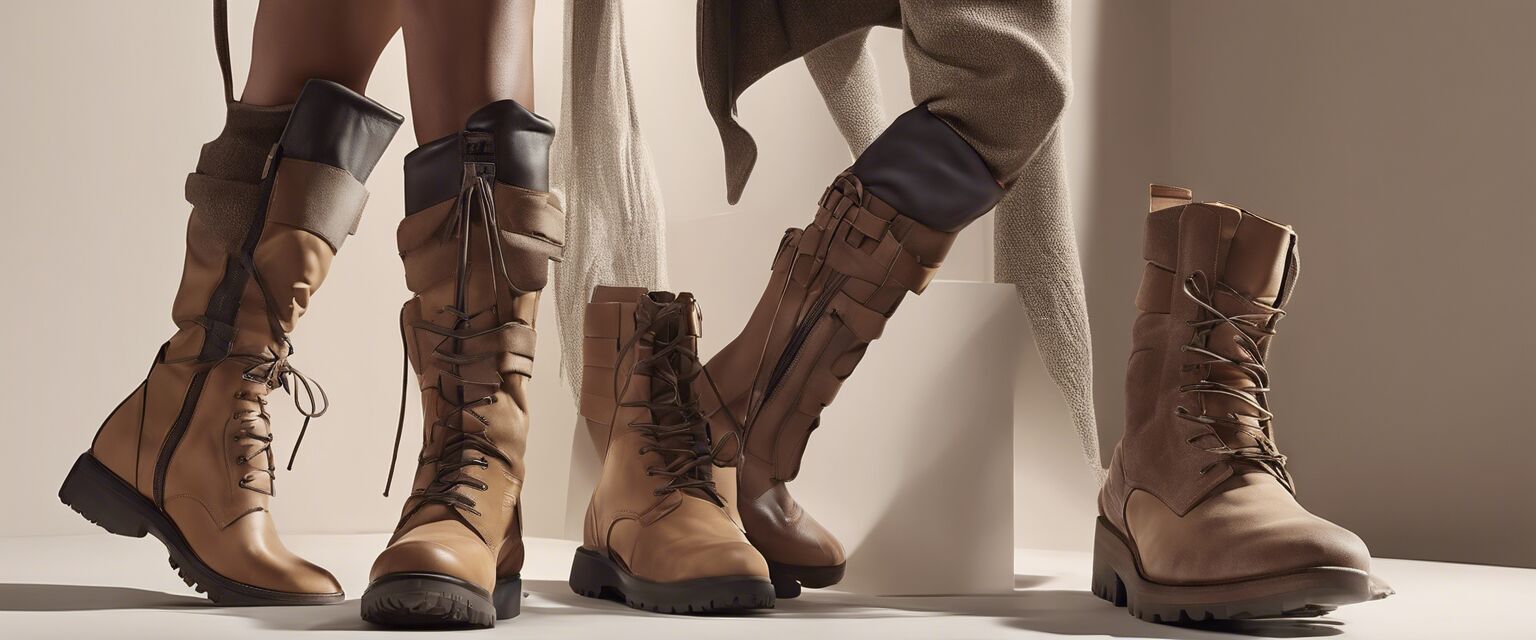
Further Reading
To learn more about different styles, check out these pages:
